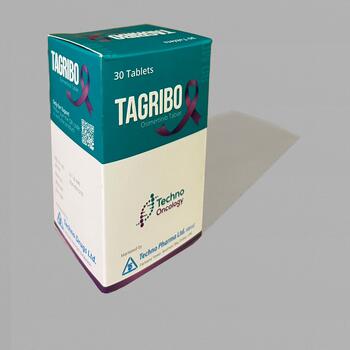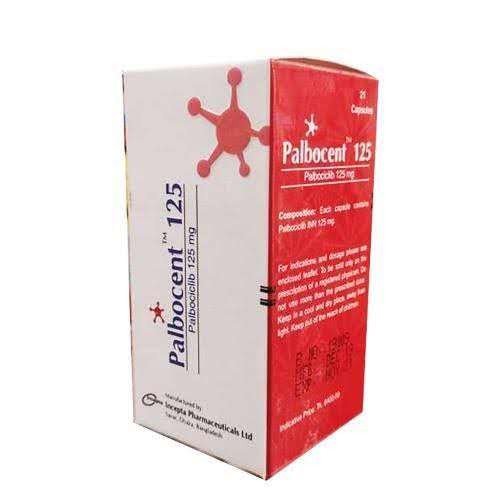卡马替尼,(Capmatinib)200mg

1. Composition:
Capmatinib is an oral small molecule MET tyrosine kinase inhibitor specifically targeting non-small cell lung cancer (NSCLC) patients carrying MET gene mutations, especially those with MET exon 14 skipping. It inhibits the MET signaling pathway, preventing the proliferation and growth of cancer cells.
2. Pharmacodynamics:
- Indications: Capmatinib is approved for the treatment of metastatic non-small cell lung cancer patients with MET exon 14 skipping. This gene mutation is often associated with the occurrence of NSCLC, particularly common in patients without KRAS, EGFR, and ALK mutations.
- Efficacy Against Brain Metastases: Capmatinib has also shown effects against brain metastases, especially in patients with brain metastatic lung cancer caused by MET mutations, demonstrating good control.
3. Usage Method:
- Oral Administration: Capmatinib is available as an oral tablet, with a recommended dose of 400 mg taken twice daily, either with food or on an empty stomach. It is advisable to take the medication at fixed times to ensure stable drug concentrations.
- Treatment Duration: Patients should continue using Capmatinib under the guidance of a physician until disease progression or intolerable toxicity occurs. Regular imaging examinations and genetic testing are required during treatment to assess therapeutic effects.
4. Research & Development History:
- Research Background: Capmatinib is the first MET inhibitor developed by Novartis, targeting cancers caused by MET gene mutations or amplifications, particularly non-small cell lung cancer. The MET gene plays a significant role in various cancers, but previous research mainly focused on gene mutations like EGFR and KRAS, with relatively few targeted treatments for MET.
- Clinical Trials and Approval: Capmatinib has demonstrated significant efficacy against patients with MET exon 14 skipping in several clinical trials. In 2020, the U.S. FDA granted accelerated approval for Capmatinib to treat metastatic non-small cell lung cancer with MET exon 14 skipping. This is also the first drug approved for treating this specific gene mutation.
5. Mechanism of Action:
Capmatinib is a selective MET (mesenchymal-epithelial transition) tyrosine kinase inhibitor that specifically targets mutations or amplifications of the MET gene. When MET exon 14 is skipped, it leads to excessive activation of cell signaling pathways, promoting the growth, proliferation, and metastasis of cancer cells. Capmatinib inhibits this abnormal signaling by suppressing the MET pathway, thereby slowing or stopping the growth of cancer cells.
6. Summary:
Capmatinib is a targeted therapy drug specifically for non-small cell lung cancer patients with MET exon 14 skipping. It slows tumor growth by inhibiting the abnormal activity of MET tyrosine kinase, particularly suitable for patients with MET gene mutations. The development of Capmatinib provides a new targeted drug option for lung cancer treatment, especially for patients who have been ineffective with traditional treatments. During treatment, monitoring for adverse reactions, especially concerning lung and liver function, is crucial, and dosage adjustments should be made based on specific circumstances.







